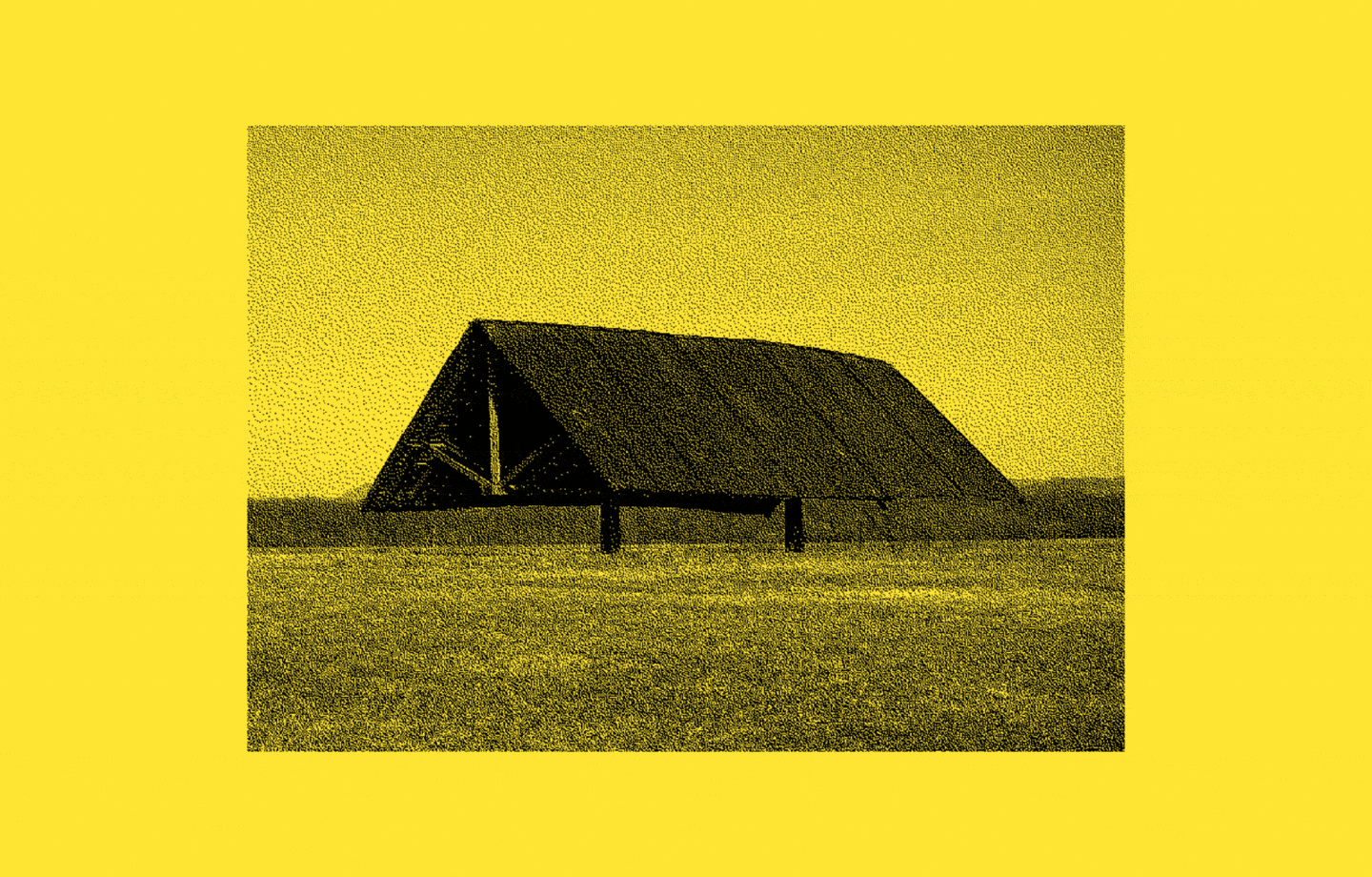Design for a Regenerative Future
May 26–September 29, 2022
Museum of Architecture and Design (MAO), Ljubljana
Rusjanov trg 7
SI- 1000 Ljubljana
Slovenia
Hours: Tuesday–Sunday 10am–6pm
T +386 1 548 42 70
mao@mao.si
Museum of Architecture and Design (MAO) and Centre for Creativity (CzK) at MAO present the 27th edition of BIO Ljubljana, the oldest and one of the leading design biennials in the world. Under the curatorship of Jane Withers, independent curator, design consultant and writer, and assistant curator Ria Hawthorn, BIO27 Super Vernaculars brings together forward-thinking and environmentally conscious designers, architects, thinkers and researchers from around the globe.
The theme for BIO27 Super Vernaculars—Design for a Regenerative Future explores a growing and ambitious movement that takes inspiration from vernacular architecture and design intelligence largely ignored in the modern era to shape a more resilient and equitable future.
The projects featured in BIO27 foreground localism, connection to nature and ecological resilience. Super Vernaculars approaches include a city-wide nature-based water management system, low-energy alternatives to air conditioning, zero-waste food systems and design that supports local communities and landscape regeneration.
BIO27 comprises the Super Vernaculars exhibition, a presentation of the five production platform commissions; and a vibrant programme of talks and workshops. A city-wide satellite programme of exhibits and events will be announced shortly, with one of the highlights being an exhibition at Palača Cukrarna.
Super Vernaculars exhibition
The introductory section featuring works by Enzo Mari and Bruno Munari (Italy), Marjetica Potrč (Slovenia), Adam Štěch (Czech Republic), is staged as a Wunderkammer of objects and ideas that illuminate the beliefs underpinning this contemporary movement. Drawing on works from Slovenian national heritage and beyond, it shows how vernacular practices inspired designers throughout the 20th century and were often unacknowledged elements of modern design.
Through the works of Carolien Niebling (Netherlands), Ant Studio (India), Alicja Bielawska + CENTRALA (Poland), Francesca Sarti of Arabeschi di Latte (Italy), and others Negotiating Traditions section explores how contemporary designers are reimagining and subverting traditional ideas and deep-rooted practices to address contemporary needs and challenges.
Reimagining Systems and Infrastructures showcases various design processes and systems proposed as alternatives to the centralised infrastructures that accommodate our modern lives and, in many cases, are no longer able to sustainably support the requirements of growing populations in a time of climate change. Projects such as Marjan van Aubel’s (Netherlands) solar panels, new material research by Atelier LUMA (France), and water systems by Ooze Architects (Netherlands) reveal hidden local-scale processes and rethink them in terms of circular, nature-based systems.
Catalysing Community exhibits the NGO project Isla Urbana (Mexico), Girjegumpi Sami Library (Norway), and INDUS by Bio-ID Lab at the Bartlett School of Architecture (UK), all of whom present human and community centric research and projects that foster social justice and healthy, flourishing communities.
BIO27 production platform
BIO27 Super Vernaculars’ production platform produced in cooperation with Centre for Creativity features five Slovenian interdisciplinary teams mentored by internationally acclaimed creative professionals to tackle compelling problems of local communities and the environment.
Design collective Krater in dialogue with Atelier LUMA and BC Materials researches rammed earth architecture; Robida.plus and Carolien Niebling draws on Slovenia’s rich heritage to delve into the world of grains, specifically buckwheat. Team Pjorkkala and Shneel Malik are creating prototypes for local nature-based solutions to pollution in natural water sources; Garnitura and Adam Štěch will communicate the architectural legacy of the renowned Slovenian architect Jože Plečnik to new audiences by drawing on the architect’s profoundly human vision for the city of Ljubljana; while team Futuring and Sophie Thomas will develop a pioneering open source toolkit to raise awareness and reduce the environmental impact of BIO27 that will be made publically available for other designers and cultural producers to build upon.
BIO27 becoming a sustainable cultural producer
As the environmental impact of hosting international cultural events becomes clear, BIO’s mission embeds sustainability as a guiding principle. BIO27 is taking active steps to reduce its environmental impact across its activities and demonstrate and communicate innovative approaches to sustainable cultural production.
Press contact
Museum of Architecture and Design (MAO), Ana Kuntarič Brodersen, press.bio [at] mao.si


